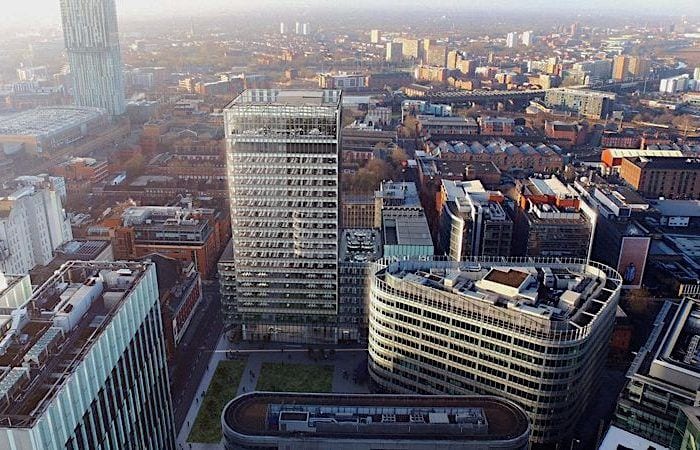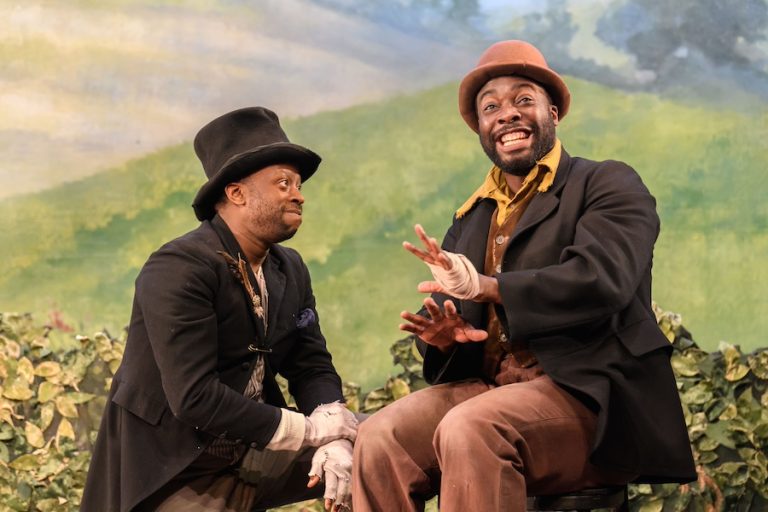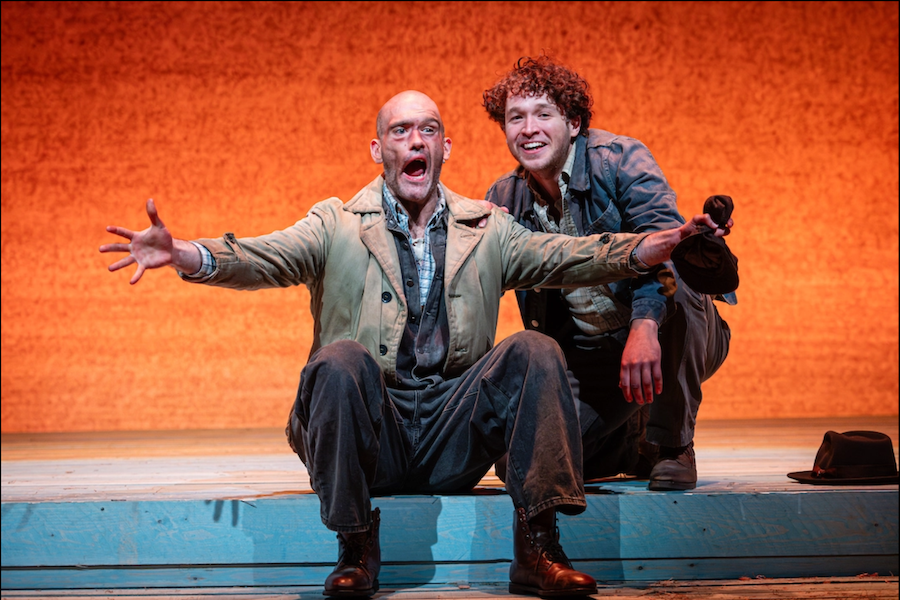50 years in the making: Spinningfields is a destination for bars, restaurants, shopping and leisure in Manchester
- Written by Ray King
- Last updated 7 years ago
- City of Manchester, Shopping, Videos

Spinningfields, Manchester’s £1.5 billion pulsating heart, and home to more than 165 world-class financial and commercial organisations, high-end fashion brands and scores of destination restaurants and bars, celebrates its 50th birthday this year.
One of Europe’s most successful urban regeneration projects, the transformation from run-down college campus to the leading regional business quarter in the UK – variously dubbed the “Knightsbridge of the North” and the “North’s Canary Wharf” – has been astonishing – and is still continuing.
Next month will see the opening of 20 Stories restaurant, 20 storeys high on the rooftop of the recently completed 1 Spinningfields tower, Manchester’s tallest office building since the completion of the CIS tower in 1962.
The 302ft building is the last piece of the original Spinningfields masterplan, first proposed 30 years ago, to create a new central business district in the area bounded by Deansgate, Bridge Street, Quay Street and the River Irwell.
Spinningfields’ beginnings date back to 1968 when a narrow back street running westwards from Deansgate gave its name to the newly laid out Spinningfields Square to which the Guardian and Manchester Evening News relocated from Cross Street in 1970.
For the next 20 years, little changed – even when Manchester city council and Allied London struck a deal over the development in 1997. Town hall chief executive Sir Howard Bernstein hailed it as the most significant in the city for decades, but few people took much notice. They were looking elsewhere at the time.
The previous year, the biggest ever bomb ever to explode in peacetime on the UK mainland had shattered a large part of Manchester city centre. So, as the nineties turned into the new millennium, rebuilding what the IRA had destroyed was the main focus of attention – followed by the staging of the Commonwealth Games.
The suddenly there it was.
The Spinningfields development generated such momentum – accelerated by the demolition of the old magistrates court in 2006 – that even the global financial crisis of 2007-10 couldn’t stop it, though for a period it was a damned close run thing.
When the shockwaves from the financial crash hit in earnest, many office developments had been completed and others were under construction or in the planning stages.
But until the city council invested £16 million in buying the freeholds to several key development sites, there was a real danger that Allied London might pull out – an echo of Manchester corporation’s rescue of the ship canal project in the 1890s).
One of the high profile casualties of the crash was what would have been Number 1 Hardman Square, a proposed 460ft office tower, which was cancelled in 2009 and revived in 2014 as Number 1 Spinningfields.
The design by Manchester-based SimpsonHaugh, who built the Beetham Hilton Tower, 2 St Peter’s Square and Urbis, was completed late last year.
By 2012, the Financial Times reported that the revitalised Spinningfields boasted three million square feet of office space spread over 22 acres.
By then the workforce in the area was approaching 20,000, and with the jobs came the apartments, the restaurants, bars, retailers and gyms.
Cheshire-based Living Ventures, whose restaurant brands are amongst the most successful in the UK, were quick to see the potential of Spinningfields, and Australasia, Artisan, Grand Pacific and the Alchemist were amongst the first to open there. LV’s flagship Manchester House soon joined them.
They led a veritable stampede into a brand new culinary quarter where thousands flock to enjoy cuisines from round the globe: Iberica, Fazenda, itsu, Neighbourhood, the Oast House, Tattu, and Thaikhun – Chaophraya’s little street food sister.
The development of the Left Bank apartments alongside the People’s History Museum – with the John Rylands Library one of the area’s cultural gems – and the creation of the walk along the bank of the Irwell, opened the way for casual alfresco waterfront venues including the industrial chic The Refinery, Dockyard pub, and Scene Indian Street Kitchen.
All the area’s restaurants, together with a host of national branded cafes, coffee shops and grazing outlets, are listed in the What’s Here section of the Spinningfields website.
The Spinningfields vibe also embraces iconic fashion retailers including Emporio Armani, Mulberry, Flannels, Oliver Sweeney and TM Lewin, while jeweller Phillip Stoner is one of the north’s leading diamond and platinum specialists and celebrity hairdresser Nicky Clarke’s salon in The Avenue is his first outside London.
- This article was last updated 7 years ago.
- It was first published on 12 January 2018 and is subject to be updated from time to time. Please refresh or return to see the latest version.
Did we miss something? Let us know: press@ilovemanchester.com
Want to be the first to receive all the latest news stories, what’s on and events from the heart of Manchester? Sign up here.
Manchester is a successful city, but many people suffer. I Love Manchester helps raise awareness and funds to help improve the lives and prospects of people across Greater Manchester – and we can’t do it without your help. So please support us with what you can so we can continue to spread the love. Thank you in advance!
An email you’ll love. Subscribe to our newsletter to get the latest news stories delivered direct to your inbox.
Got a story worth sharing?
What’s the story? We are all ears when it comes to positive news and inspiring stories. You can send story ideas to press@ilovemanchester.com
While we can’t guarantee to publish everything, we will always consider any enquiry or idea that promotes:
- Independent new openings
- Human interest
- Not-for-profit organisations
- Community Interest Companies (CiCs) and projects
- Charities and charitable initiatives
- Affordability and offers saving people over 20%
For anything else, don’t hesitate to get in touch with us about advertorials (from £350+VAT) and advertising opportunities: advertise@ilovemanchester.com


Review: Tambo & Bones at HOME is ‘ambitious, bold, gutsy…. and terrific’

Review: JB Shorts 26 at 53two is ‘a five-star showcase of northern talent’

















